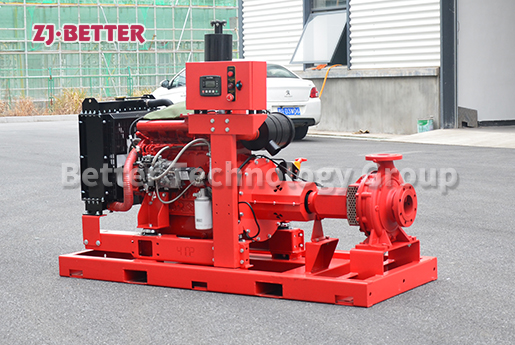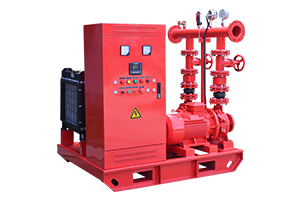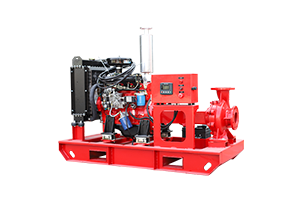Why Is Backflow Prevention Important in Fire Pump Systems?
Nov 21, 2024
Share:
Backflow prevention in fire pump systems is critical to ensure safety, maintain water quality, and comply with regulatory standards. Here's why it's important:

1. Prevents Contamination of Potable Water Supply
- Fire pump systems often draw water from non-potable sources such as storage tanks, reservoirs, or open bodies of water.
- Without backflow prevention, water from these sources could flow backward into the municipal water supply, contaminating drinking water with chemicals, debris, or bacteria.
2. Protects Public Health
- Contaminated water can pose severe health risks, including waterborne illnesses.
- Backflow preventers are essential in safeguarding the community by maintaining the integrity of the potable water supply.
3. Ensures Proper Functionality of Fire Protection Systems
- Backflow preventers help maintain the correct water pressure within fire pump systems.
- Consistent pressure ensures that water is delivered effectively during fire emergencies, avoiding system failures that could endanger lives and property.
4. Meets Regulatory Requirements
- Many building codes and standards, such as NFPA 20 and local plumbing codes, mandate the installation of backflow prevention devices in fire pump systems.
- Compliance avoids legal penalties and ensures the fire protection system is up to standard.
5. Prevents Damage to Equipment
- Backflow can introduce debris or contaminants into the fire pump system, potentially causing damage to components like valves, pipes, and pumps.
- Backflow prevention protects the longevity and efficiency of the fire pump system.
6. Supports System Maintenance
- Backflow preventers often include check valves that simplify system maintenance by isolating sections of the system without draining the entire line.






